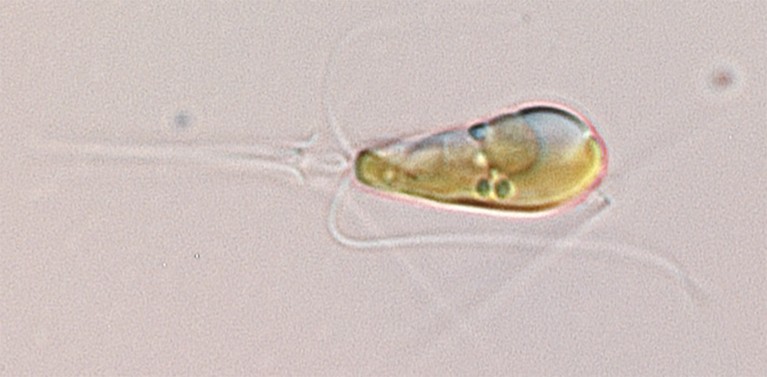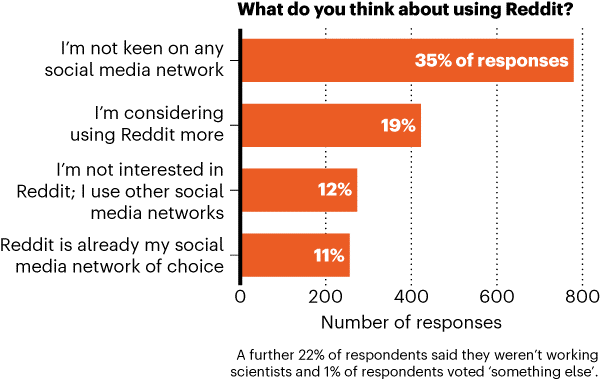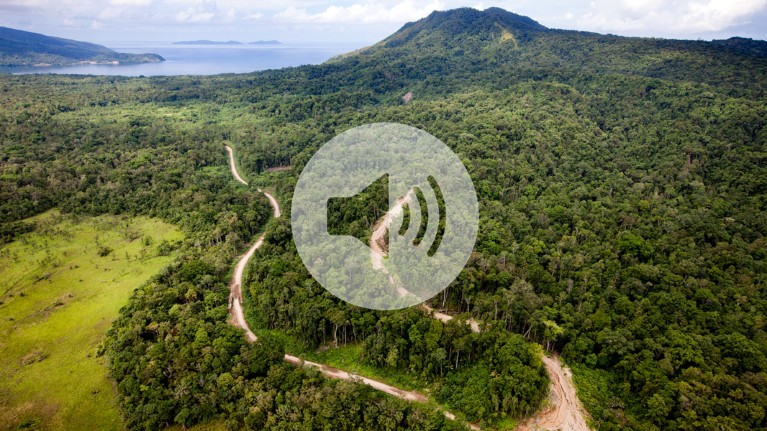Hello Nature readers, would you like to get this Briefing in your inbox free every day? Sign up here.

A Braarudosphaera bigelowii cell magnified 1,000-fold.Credit: Tyler Coale
These algae can fix nitrogen
A new organelle that can turn atmospheric nitrogen into biologically useful molecules has been discovered in a marine alga. It’s the first time nitrogen fixation has been recorded in eukaryotes (the group of organisms that includes plants and animals). The discovery offers hope that crops could one day be engineered to grab nitrogen from the air — essentially making their own fertilizer.
Nature Briefing: Microbiology is our new free weekly newsletter that is all about the most abundant living entities on our planet – microorganisms – and the role they play in health, the environment and food systems.
First direct image of a Wigner crystal
A Wigner crystal — a structure made entirely of electrons — has been imaged directly for the first time. Until now, there had only been indirect evidence of the crystal, which forms at low temperatures. “We never thought that we would succeed,” says physicist and study co-author Ali Yazdani. “It was a bit of an accident.” Using high-resolution scanning tunnelling microscopy, the team saw the electrons inside two thin graphene sheets arrange themselves into a triangular lattice, just as physicist Eugene Wigner predicted in 1934.
Ritual sacrifice across Stone Age Europe
Evidence from burial sites across Europe might point to a common ritual involving human sacrifice. Shared characteristics — such as the style of killing, broken grindstones, remnants of animal sacrifices and round, silolike structures — suggest that these rituals might have been a widespread practice amongst cultures that were otherwise quite different. Critics say that the human skeletons lack some key features, such as signs of violent injury, which puts the conclusion in doubt. “Human sacrifice is widespread, and many different cultures practised it,” says osteoarchaeologist Christian Meyer. “But it’s difficult to prove, and there’s no real evidence here beyond the arrangement of bodies in a pit.”
Reference: Science Advances paper
Reader poll

Last week, we learnt that some scientists are turning to Reddit as their social media network of choice. When we asked the working scientists among our readers, 11% of the self-selected respondents said it was already their most-used platform and almost 20% said they are considering using it more. Another 12% said they preferred other platforms, including Bluesky, Mastodon, Lemmy and ResearchGate. And 35% of respondents weren’t keen on any social media.
Features & opinion
How we skipped from PhD to professorships
As recent PhD graduates in psychology-related fields, Violeta Rodriguez and Qimin Liu wanted to forgo postdoctoral training and instead immediately become junior professors. And they succeeded: together, they received 15 tenure-track assistant-professorship offers. To help others navigate the “stressful, fast and unpredictable” journey, they share a checklist for before you even get started.
Futures: Three possible muses
A theoretical physicist gets advice from three of his multiverse selves in the latest short story for Nature’s Futures series.
Podcast: Ghost roads drive deforestation
Scientists and 210 volunteers spent about 7,000 hours cataloguing more than a million kilometres of unmapped ghost roads in Borneo, New Guinea and Sumatra. “The basic bottom line is: where the roads go is where the forest destruction happens,” ecologist and study co-author Bill Laurance tells the Nature Podcast. Major official roads often have many ghost roads branching off them. “One of the messages we want to say to governments is: be really careful where you develop your infrastructure,” Laurance says.
Nature Podcast | 23 min listen
Subscribe to the Nature Podcast on Apple Podcasts, Spotify, or YouTube Music, or use the RSS feed.

